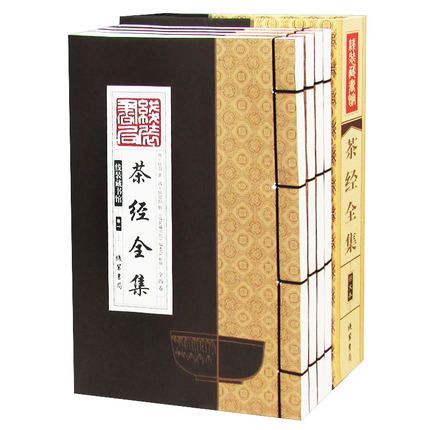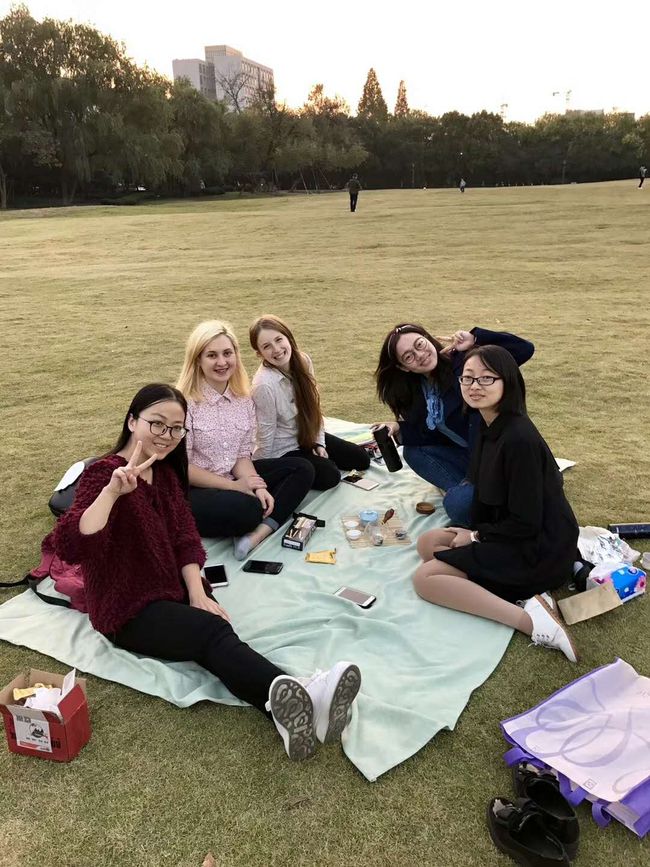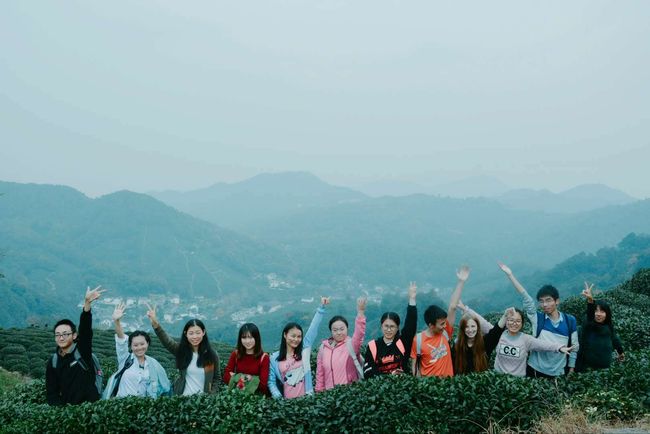Part One: Discovering New Map
The legend has it that thousands of years ago in China (although for that time we actually cannot speak about any real state called China yet) the famous Shennong 神农 (the legendary farmer) discovered the curative effect of hundred plants by eating them. Because his whole body (apart from his head and limb) was transparent, people could see the effect of each of the plant on his inner organs. If some plant was poisonous, the organs wouldget black. Through this way he discovered the great curative effect of tealeaves and at the end died from poisoning (which was of course not from tea leaves), donating his body on the altar of ancient predecessor of science.
Although my belly is really far from the state of transparency, and my knowledge about nature is about as deep as piranas knowledge about Czech Republic, I decided to listen to the calling of tea and follow the steps of Shennong to begin a journey of discovering the secrets luring inside the seemingly plain structureof tea leaves, hoping that my body won’t meet the same cruel fate.
When people/students here in Hangzhou (the city of the last years G20 summit) ask me what major I am studying, no matter if Chinese or foreign, they seem a bit confused by my answer. Some of them maybe think that their growing out ofteenage made their hearing start to deteriorate, some of them imagine some possible new and modern field of study, they never heard of, like T- science (T being abbreviationfor some super complicated technical term), most of them probably think that Iam just talking some random nonsense with my bad English/Chinese pronunciation.After I make sure they get it right, they normally tend to look at me in horror and ask in surprise: „So you learn how to make tea? “
Tea science is not about making tea though. What is more, it is not even about drinking tea for free, indulging in endless tea parties, reciting Tang poems about tea, drunk from the abundance of caffeine (for those ones who would like to do so though, Su Dongpo 苏东坡 wrote quite a few good poems) or worshiping Lu Yu 陆羽, the tea God and author of the tea Bible - Chajing 茶经 (The Book of Tea), which was the first systematic compilation about tea written during the Tang dynasty (618 - 907), its making procedures, culture, planting etc.
In my romantic imagination I actually also hoped that this will be true (at least partially), but to my horror (no, I am actually sadistically enjoying the absurdity of the situation) I realized quite soon after my arrival that that is not what is going on in here. And the perfect world full of tea, Tang poems and frequent visits to tea plantations disappeared when I saw a laboratory full of mice waiting for catechin injection.
Since ancient times tea is being called „万病之药“ (cure for thousand diseases) and indeed our teacher at the Tea science department told us, that all the teastudents get more and more beautiful every day after starting to study tea. Although the mirror in my room just refused to pretend there have been some changes in this direction, I realized that this plant indeed has some magic.
Only by looking at the Chinese character for tea itself we can discover one of its magic powers – „茶” it consist of a double“十十“in the upper part,a“八“and a“十“in the middle part and a八in the down corners. As 十 means ten in Chinese and 八 means eight and 八十 means 80, we get 20 + 80 + 8 = 108. All the „tea people“ look much younger than they really are and above 100 is nothing special in the Chinese tea world (last week our teacher showed us photos of one of the first tea researchers who remarried at the age of 104 (his wife was 54 – obviously she was the only obstruction for them having another kids).
But not to confuse some mystery loving readers (not sure if the number of people actually reading my blog actually allows me to use plural) I should maybe add, that there is actually only one major magic in tea – it improves certain functionsof your body, if you drink it often – or at the best every day. So here I must become a bit annoying and point out that traditionally when Chinese people say that something is a „cure for thousand diseases“(and as far as I know they used this phrase only for tea), the cure doesn’t have the exact same meaning as our capitalist society nowadays understands it, which is only a stopper which temporarily stops the consequences of our bad lifestyle to flow on the surface.From time to time they will come and we need a lot of stoppers, and the stopper companies live happily ever after.
The Chinese traditional understanding of medicine however is just normal food and drinks,which can have good influence on our body, so that it doesn’t need any stoppers. To make this blog even more boring, I would like to mention the main component, which makes tea so special in preventive effect on many diseases –tea catechins. They serve as antioxidants and can kill free radicals in ourbody, which are one of the most frequent causes of cancer and other diseases.They are also beneficial for our cardiovascular system, can decrease blood sugar and cholesterol etc. – said shortly if you live like a pig, you can at least try to drink some tea and feel good about yourself (hahaha).
China is also the first country in the world to successfully extract catechins (and other tea polyphenols) from the tea leaves in the past (and yes they are proud of it).
There is much more that the Chinese are proud of, but as this is everything I was able to produce about my first impressions of my second quest, I must end in here. Many thanks to the crowds for the big support!!! (Fake it till you make it).








